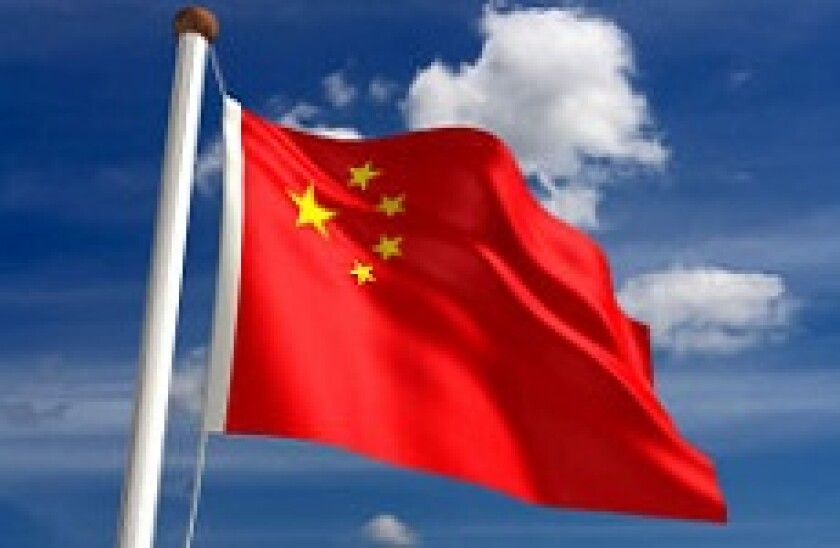European stocks have started the year in good form. The Euro Stoxx 50 is up 3% already, taking it to its best level since November. If it can beat its mini-peak in early November, the market will be at its highest point since the downturn it took in April 2015.
This is a perfect backdrop for equity issuance - deal investors love a rising market, which creates much more room for error than a volatile or falling one.
As in the US, an important engine of stockmarket recovery has been the commodities sector. The MSCI Europe Commodity Producers net Total Return USD index is at the peak of a 52 week growth run. On Monday January 8 it hit 3,457, up 32% from the same point last year.
The world’s largest market for natural resources and commodities is China, which has made a firm effort this winter to reduce its typically awful seasonal pollution by constraining metallurgy and commodity production - a programme known as 'Blue Sky'.
By cutting domestic production, China has forced its industries and construction companies to import more raw materials. The Commodity Producers index spiked in November, around the same time as China’s commodity imports rose dramatically. The country imported 470,000 tonnes of cooper in November, 42% more than in October and the most since December 2016, according to China’s General Administration of Customs.
Crude oil imports have reached 9.04m barrels a day, the second highest level on record, while iron ore imports rose to 94.5m tonnes.
At first look, the data show healthy and increasing Chinese demand for global commodities, although a look at historical data provided by the CGAC shows a year end peak is typical, followed by medium to small troughs midway through the year.
But China’s winter imports this year have been particularly heavy because of the green initiative initiated by the Chinese Communist Party.
As an example of the policy in action, in December, China’s largest copper smelter, Jiangxi, halted all output in its home province, to comply with an anti-pollution order from the local government.
No wonder mining stocks have performed well across Europe over the past six months. The mining sector of the FTSE 100 has been on a bull run in which firms have recovered most of the ground they lost between mid-2014 and the first quarter of 2016, when commodities stocks around the world tumbled.
Equity capital markets have also already benefitted from China’s winter reduction in capacity. Bankers working on the IPO of Oleg Deripaska's EN+ aluminium smelting group in November said one of the prime selling points was a reduction in Chinese aluminium and alumina production.
That meant EN+, a fully integrated alumina and aluminium producer, not only faced less competition from Chinese competitors, but also had more opportunities to sell to China to fill the gap. Aluminium has been one of the largest beneficiaries of China’s Blue Sky reforms.
China's environmental policies are not the only reason for the recovery in commodity prices, which have been lifted by higher global demand and some international production curbs. But as the largest buyer, China's policy has a powerful effect.
However, the production cut is explicitly temporary, and the market may be very different once winter is over.
If China prolongs the greenish strategy being pursued by the Party and President Xi Jinping, then commodities firms are likely to have an eager market to sell into.
If, on the other hand, the Party feels the country's economy has been harmed by the curb in commodities production, it could change tack and boost Chinese capacity, so as to focus more on domestic production than imports. This could hit global mining and commodities equities and curtail the bull market.
A return to a normal stance on commodity production in China is unlikely to derail the European stockmarket, but it would bring to an end an artificial leg-up the market has enjoyed and could lead to a more two-sided market. That would make life just that bit more difficult for ECM issuers.

